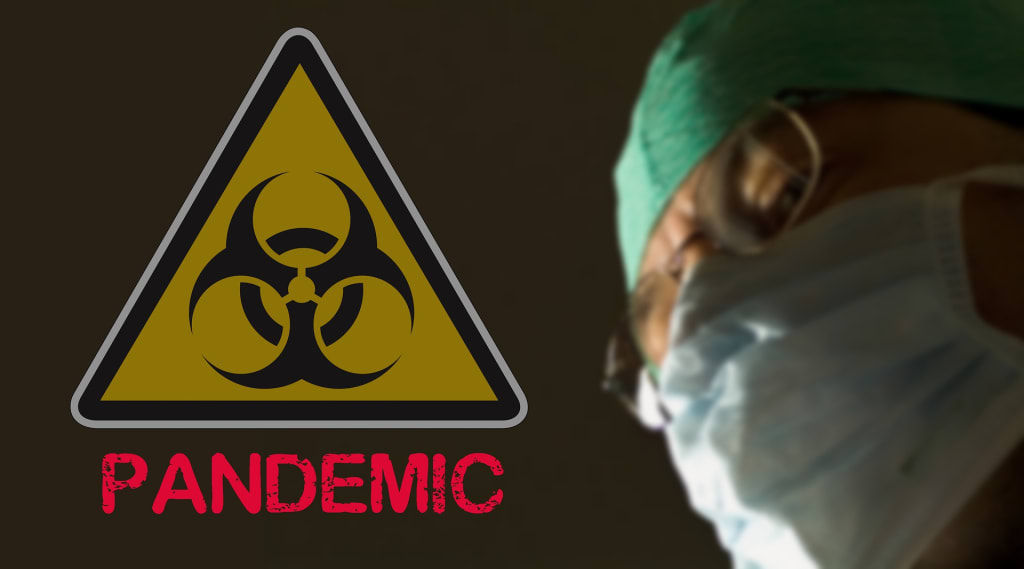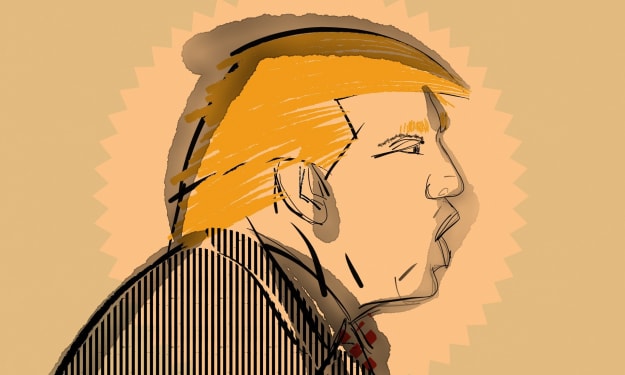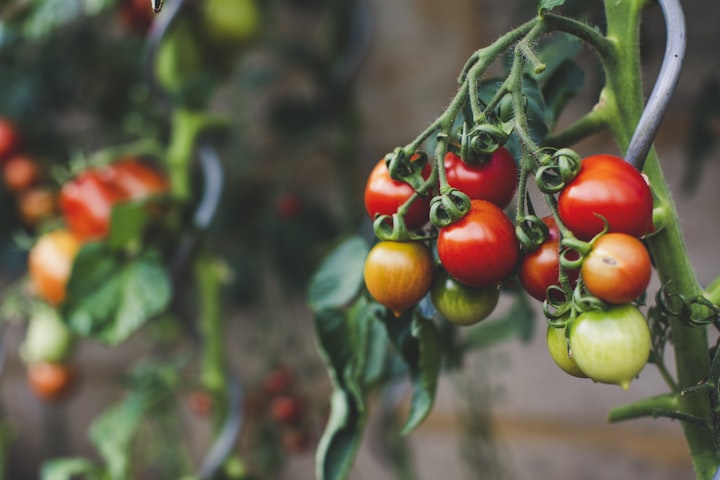The Problem With Saying Coronavirus 'Just' Kills Old People
Before it's over, this disease will affect us all

You see it on Facebook, in the comments both on posts stressing the need for COVID-19 preparedness and also on posts making fun of the panic-buying it’s encouraged. You see it on Reddit, in threads discussing a world leader’s reaction (good or bad) to the disease. You see it especially on Twitter, where it seems like the forced brevity of responses lends itself to the rapid firing of whatever enters your mind right then and there.
“It” is the idea that COVID-19 isn’t as big a deal as “the media” is making it out to be because “it only kills 2% of the infected.” Or “I’m young and healthy and I’m going to do what I want.” These are thoughts from people who either don’t understand that a disease that kills 2% of infected people (or more, as most studies have shown) is a really big deal or are simply self-centered and cruel.
Maybe it’s both.
The truth is, there’s a lot of stuff about this particular version of coronavirus that we simply don’t know yet. However, the facts that are becoming clear and have been clear for a while now indicate that some amount of worry — if not outright anxiety — is warranted for several reasons.
Many younger people are at higher risk of mortality, too
While people above the age of 60 (and especially above the age of 80) have a much higher fatality rate than younger folks, there are other risk factors that can affect outcomes of the disease no matter one’s age. Chief among these is cardiovascular disease, followed by diabetes, chronic respiratory disease, and hypertension.
Considering heart disease is the leading cause of death for men, women, and most racial groups in the United States, we have a lot of people who should be taking COVID-19 more seriously. Also, people with compromised immune systems are at higher risk because their bodies typically don’t react to infections with fever or swelling and sometimes don’t respond as well to vaccinations as other people.
COVID-19 is a disease that has the potential to kill a large number of people, and many of them are not exactly in the sunset of their lives.
There are fates other than death
Even if you don’t die from COVID-19, it still could make you pretty sick. Initial CDC estimates projected that anywhere from 2.4 million to 24 million people in the United States might require hospitalization, which would devastate our health care system. There are only about 925,000 hospital beds in the country, with only 92,500 dedicated to those needing critical care.
Measures being put in place by cities, states, and the federal government since the CDC made those initial estimates should bring those quite frankly terrifying numbers down, but it’s still likely that many hundreds of thousands of people will require hospitalization for COVID-19.
Many people requiring hospitalization need intensive care, such as oxygen ventilation, and the median hospital stay is 10 days. Besides the obvious inconvenience and cost of a lengthy hospital stay, many people who recover from this coronavirus end up with reduced lung capacity. This would make you more susceptible to other diseases later in life.
Even if it doesn’t kill you, this disease can still wreak havoc on your life, your finances, and your future.
Saying it “just” kills old people is cruel
Finally, acting like coronavirus preparedness is an overreaction because the disease primarily affects people over the age of 60 is simply selfish, cruel, and short-sighted. I’d like to think there aren’t that many people who don’t care if an elderly person dies because of COVID-19 because the alternative is chilling.
I think a lot of younger people are going about their lives as normal because they don’t believe it can affect, or at least kill, them. While it is true that most people under the age of 60 will survive COVID-19 with few long-term issues, it’s also true that those relatively healthy young people can carry the disease to fragile populations. This is true even if you have mild symptoms, and even before symptoms appear at all.
It’s hard to imagine anyone not having someone in a fragile population (whether it’s the elderly, or people with heart conditions or immunosuppression) that they care about. For me, it’s personal, as my 40-something wife has heart disease and hypertension and my daughter is immunosuppressed. I’m sure almost everyone in the world has people they love with similar concerns.
Considering the coronavirus pandemic will likely infect 40–70% of the world’s population this year, it’s nearly a foregone conclusion that everyone on Earth will know someone who is affected by the disease.
One way or another, the world will survive this latest pandemic. The full extent of its damage won’t be known for some time, but thankfully most countries are taking steps to mitigate that damage. Ultimately, though, the onus is on each and every one of us to do what we can to stop the spread of COVID-19 by following science-backed precautions.
In order for someone to take those precautions seriously, they need to let go of the idea that this disease only hurts or kills older people. Besides the fact that it’s simply a false notion, it’s also cruel and selfish.
We all share the same world, and as far as any of us can objectively determine, we only get one chance at life. Let’s do what we can to reduce the risk of taking that chance away from someone else.






Comments
There are no comments for this story
Be the first to respond and start the conversation.